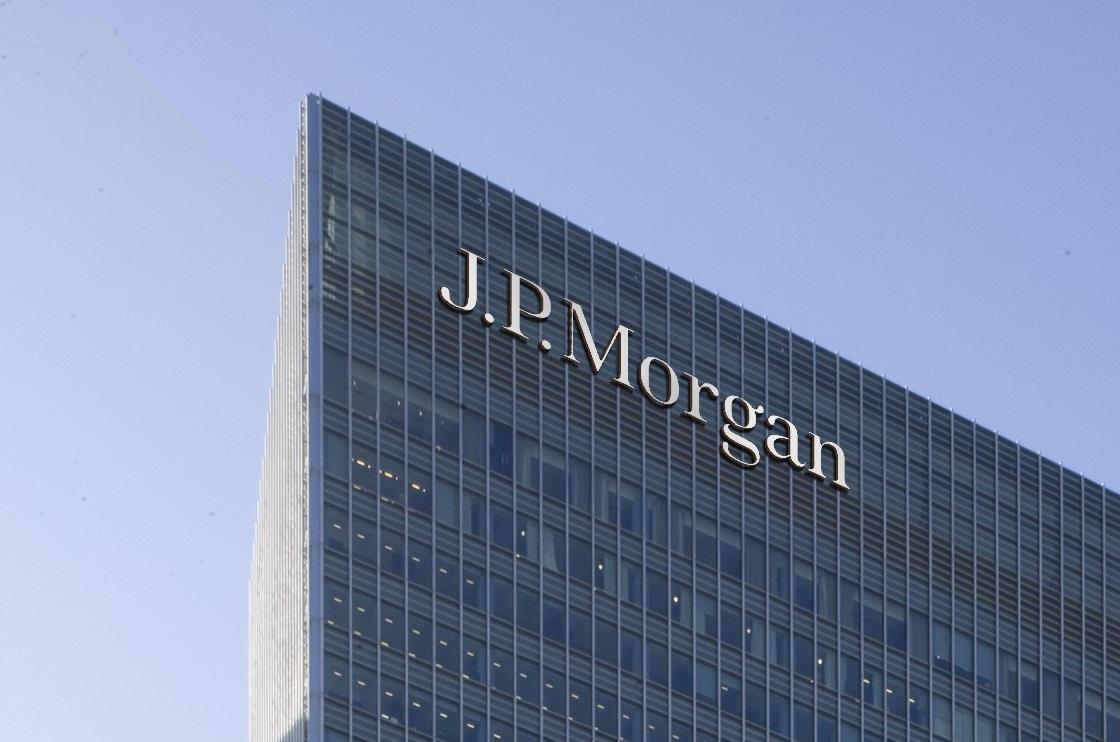Moody’s Expands ESG Credit Impact Scores to Cover Retail & Apparel, Construction, Building Materials Companies
Credit ratings, research, and risk analysis provider Moody’s Investors Service announced that it has expanded its ESG profile and credit impact scores to new sectors, including retail and apparel, construction and building materials. The expanded coverage follows the addition earlier this month of several other sectors and industries including consumer products, beverages, shipping, manufacturing, aerospace & defense, financial institutions, large US counties and European public sector housing.
In order to incorporate all material credit considerations into its credit ratings, Moody’s integrates ESG considerations into the credit analysis of companies and organizations in these sectors, including each entity’s risk exposure and the degree of credit impact. Moody’s analysis will include two types of ESG scores, including issuer profile scores (IPS) and credit impact scores (CIS). IPS scores measure issuer’s exposure to ESG considerations that could be material to credit risk, while CIS gauges the impact those ESG considerations have on an issuer’s credit rating.
Moody’s initially launched IPS and CIS scores in January 2021, initially focusing on sovereign issuers, and has expanded its coverage over the past year, adding sectors ranging from airlines, utilities, media and automakers to states, cities and counties.
In its reports introducing the scores, Moody’s provided its overall assessment for each of the sectors. For retail and apparel, the report indicates that ESG considerations are moderately negative for most companies in the sector, due to exposure to factors including carbon transition risk, while many apparel companies face social risk due to supply chains concentrated in areas with labor and human capital issues.
ESG considerations were also found to be moderately negative for construction companies, with particular risk from social factors derived from the sector’s reliance on human capital and potential for health and safety issues. Building materials, also found to have moderately negative credit impact from ESG considerations, were found to have highly negative exposures to environmental considerations, particularly given the heavy involvement of many companies in energy and emissions-intensive cement production.
Moody’s stated that it will continue rolling out the scores to additional sectors throughout 2022.
Marie Diron, Managing Director at Moody’s Investors Service, said:
“We seek to incorporate all material credit considerations, including ESG issues, into credit ratings. Our continued rollout of ESG issuer profile and credit impact scores assists in making the integration of ESG in credit analysis more transparent and formalized.”





